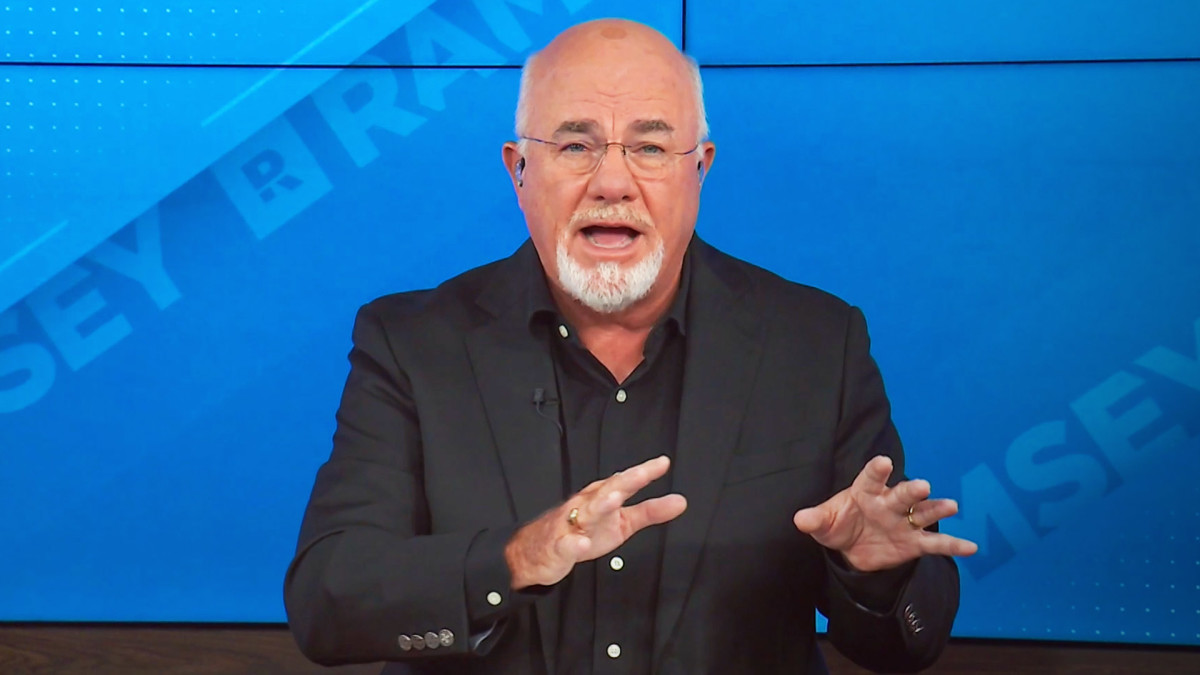As folks get ready to retire, there are various financial things to consider— Social Security, 401(k) plans, individual retirement accounts—all that. But one super important topic that often gets overlooked is health care planning. And for lots of people, this means figuring out Medicare and Medicaid, which can be pretty complicated.
To demystify these healthcare options, financial expert Dave Ramsey breaks things down in a way that’s easier to grasp, so people can really understand what they entail.
💰💰Stay updated: Sign up for TheStreet’s free daily newsletter💰💰
Ramsey knows the ins and outs can be pretty overwhelming.
He quipped, “Have you seen that meme where the lady’s covered in math equations looking totally puzzled?” he said. “I guarantee you that’s how most people feel when diving into the ins and outs of Medicare.”
But he reassures everyone, “It’s not a lost cause.”
Understanding the Key Parts of Medicare with Dave Ramsey
If you’re nearing retirement age, grasping how Medicare works is super important. This federal health insurance program is meant for people 65 and older and for some younger folks dealing with disabilities. Medicare comes in several parts:
- Part A takes care of hospital stays.
- Part B covers medical services.
- Part C (Medicare Advantage) bundles A, B, and sometimes D through private insurers.
- Part D deals with prescriptions.
Original Medicare is made up of parts A and B and offers flexibility. People often have the choice between sticking with Original Medicare plus a Medigap plan and going for a Medicare Advantage Plan, which has network restrictions.

The Vital Need to Know Medicare Enrollment Periods
Another critical point Ramsey makes is about knowing your enrollment periods for Medicare. There are five to keep in mind:
- The Initial Enrollment Period (IEP) kicks off three months before you turn 65 and lasts seven months. This is when you can enroll in Parts A and B, and then add Part D or go for Medicare Advantage.
- The Special Enrollment Period (SEP) is for people who had work coverage, lived overseas, or faced other qualifying changes.
- The General Enrollment Period (GEP) takes place from January 1 to March 31. If you’ve missed your IEP or SEP, you can enroll now, but expect some lifetime penalties.
- The Annual Enrollment Period (AEP) runs from October 15 to December 7. This is solely for altering existing plans, not for first-timers.
- The Medigap Open Enrollment Period starts the month you join Part B and lasts six months. Ramsey recommends making your move during this timeframe to avoid hassles or higher costs tied to pre-existing conditions.
He urges people not to put this off and to consult with experts about the best Medicare options based on their unique situations.
Dave Ramsey Talks About How Medicaid Assists Low-Income Americans
Switching gears, Ramsey elaborates on Medicaid, pointing out that it’s a combined federal and state program designed to support Americans with limited incomes in getting healthcare they need.
“Keep in mind,” Ramsey clarifies, “Medicaid isn’t exactly insurance. Think of it more as a support system that helps with costs like nursing home care and other personal assistance, even covering Medicare premiums for those who qualify.”
Since it’s managed at the state level, Medicaid can be quite different depending on where you reside. Income is, of course, a key factor in determining eligibility.
Ramsey highlights that even though the Affordable Care Act was intended to broaden eligibility for those earning less than 138% of the federal poverty level, states have the option to decide whether to expand their programs.
To make things consistent, the federal government outlines a minimum standard of benefits that every state needs to offer, which covers hospital services, doctor visits, lab work, nursing facility care, and transport to medical appointments. States are also permitted to provide optional benefits like vision, dental, and hospice care.
Typically, Medicaid doesn’t come with premiums, but some states might require small copayments for certain services.
Incomes and assets such as wages, Social Security, pensions, and retirement account withdrawals determine eligibility. Since each state sets different financial thresholds, Ramsey stresses checking local rules to see where you stand financially.



















